Prioritize common interests
Currently, the policy of merging and streamlining the apparatus, especially merging provinces and cities, is becoming a topic of great interest to many people. According to regulations, the list of new provinces and cities after the merger will be consulted by the people before being officially issued.
The consultation of the people on the arrangement and merger of administrative units is carried out in accordance with the provisions of the Constitution. According to Article 110 of the Constitution on administrative units of local governments, it is stipulated that: The establishment, dissolution, merger, division, and adjustment of administrative boundaries must be consulted with the local people and follow the order and procedures prescribed by law.
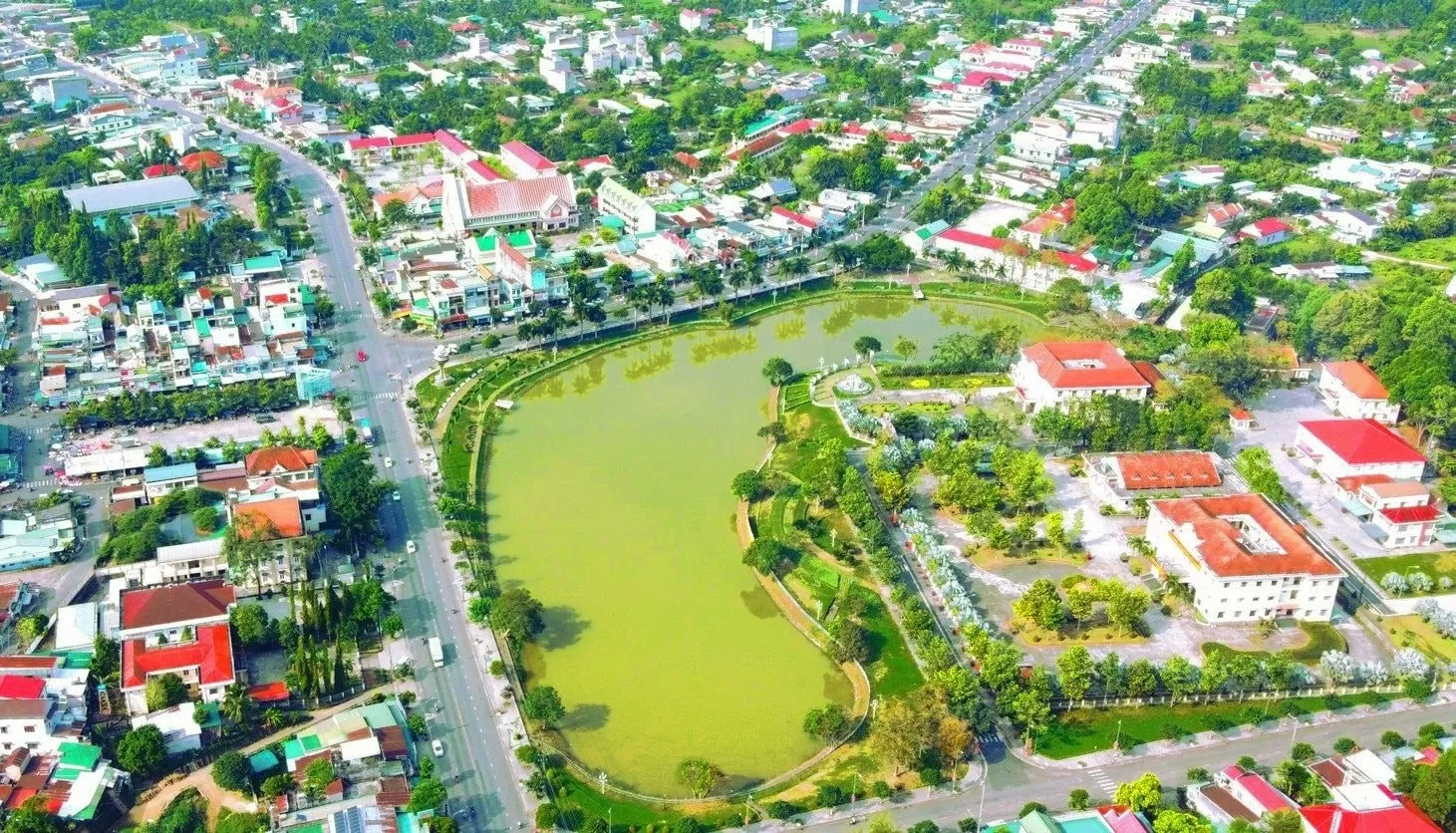 |
| Merging provinces is a big decision, with profound impacts on the economic and social life and cultural identity of the people. Illustrative photo |
Talking to reporters of the Industry and Trade Newspaper about the merger of provinces and cities, Ms. Nguyen Thi Hanh (a retired official in Phuong Mai Ward, Hanoi) said that the State's policy of merging provinces is a very big reform, of historical significance for Vietnam, I strongly support it, this is the right thing to do at this time. The merger helps streamline the administrative apparatus, creates opportunities for capable people to demonstrate their abilities, and at the same time eliminates ineffective individuals.
“ Up until now, we have been used to the subsidized style, working very dependently and not developing our full potential. This merger will reduce stagnation, waste of time and state resources, ” said Ms. Nguyen Thi Hanh.
While many people worry that the province merger will cause the loss of their homeland and identity, Ms. Hanh believes that history, culture or homeland will still exist, not be lost, but only change in the way it is called or introduced. Specialties, historical relics... still exist and cannot be lost, because that is history.
“ Merging provinces may result in the loss of familiar names for many provinces, causing concern among the people. However, the common good should be prioritized over personal feelings ,” Ms. Hanh said.
Cultural identity is still preserved
Sharing the same opinion with Ms. Hanh, Mr. Nguyen Van Hoan (a retired official in Phuong Mai ward, Hanoi) said that merging provinces is the right step to streamline the administrative apparatus, reduce the cumbersomeness and improve the efficiency of government operations. This not only helps reduce the number of unnecessary officials but also creates conditions for those with real capacity to truly promote their roles.
Besides, according to Mr. Hoan, the merger also helps save the state budget by cutting down on intermediate administrative units, from which resources can be invested in essential areas such as education, health care and infrastructure.
Mr. Hoan said that many retired officials expressed concern that the merger of provinces could affect the cultural identity and historical heritage of each locality. Some regions have their own specialties and long-standing historical relics, and when merged, the unique characteristics of each locality could be lost.
“ Each province has its own cultural values, if combined, many unique features may fade. But I believe history cannot be erased, cultural identity will still be preserved and promoted in an appropriate way ,” Mr. Hoan shared.
Therefore, Mr. Hoan suggested that there should be specific policies to preserve local culture and continue to promote traditional values even when administrative units are merged.
Regarding the issue of names of provinces after the merger, according to Mr. Hoan, when a province loses its old name, many people may feel disappointed at losing a part of their attachment to their homeland. However, we must look at the bigger picture, for the common development of the country.
“ I think most agree that long-term benefits are more important than personal feelings. When the merger brings better management efficiency, people will gradually get used to these changes ,” Mr. Hoan said.
On February 28, the Politburo and the Secretariat issued Conclusion 127-KL/TW, assigning the Government Party Committee to coordinate with the Central Organizing Committee, the National Assembly Party Committee, the Fatherland Front Party Committee, central mass organizations and relevant agencies to direct research, develop a project, and submit to the Politburo on merging a number of provincial-level administrative units, not organizing at the district level; continue to merge commune-level administrative units. On March 11, the Government Party Committee agreed to submit to competent authorities a plan to merge and reduce 50% of provincial-level administrative units and 60-70% of grassroots-level units compared to present. According to Minister of Home Affairs Pham Thi Thanh Tra, the core viewpoint when implementing the apparatus arrangement is not simply to streamline the focal points but must aim at the larger goal of expanding the development space, creating a foundation and momentum for the country in the new era, while ensuring the long-term stability of the system and organization. This is not a short-term change of a few decades, but must have a strategic vision of a hundred years, even a few hundred years. |
Source: https://congthuong.vn/sap-nhap-tinh-can-uu-tien-loi-ich-chung-hon-cam-xuc-379650.html



![[Photo] Speeding up construction of Ring Road 3 and Bien Hoa-Vung Tau Expressway](https://vstatic.vietnam.vn/vietnam/resource/IMAGE/2025/3/31/f1431fbe7d604caba041f84a718ccef7)
![[Photo] 2nd Conference of the Party Executive Committee of Central Party Agencies](https://vstatic.vietnam.vn/vietnam/resource/IMAGE/2025/3/31/8f85b88962b34701ac511682b09b1e0d)
![[Photo] Prime Minister Pham Minh Chinh receives delegation of leaders of US universities](https://vstatic.vietnam.vn/vietnam/resource/IMAGE/2025/3/31/8be7f6be90624512b385fd1690124eaa)

![[Photo] General Secretary To Lam receives US Ambassador to Vietnam Marc E. Knapper](https://vstatic.vietnam.vn/vietnam/resource/IMAGE/2025/3/31/5ee45ded5fd548a685618a0b67c42970)






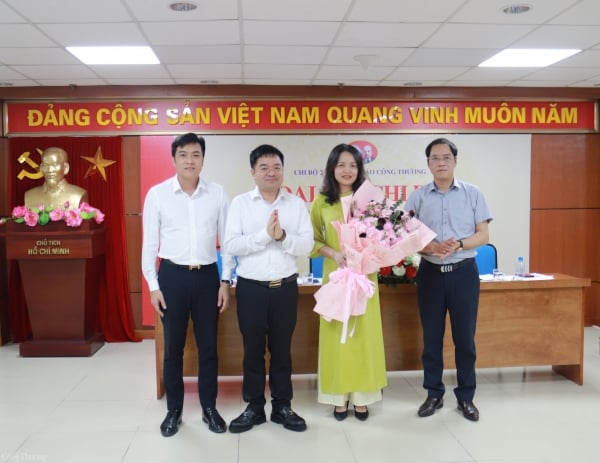
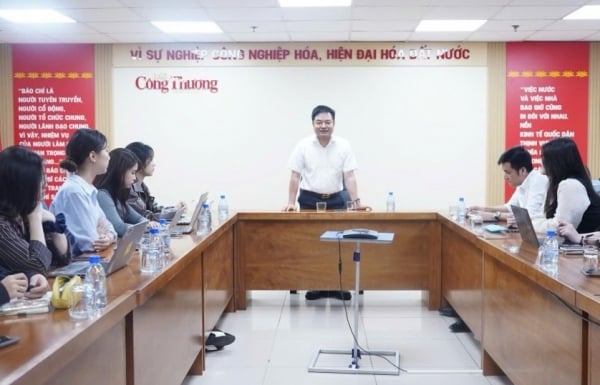

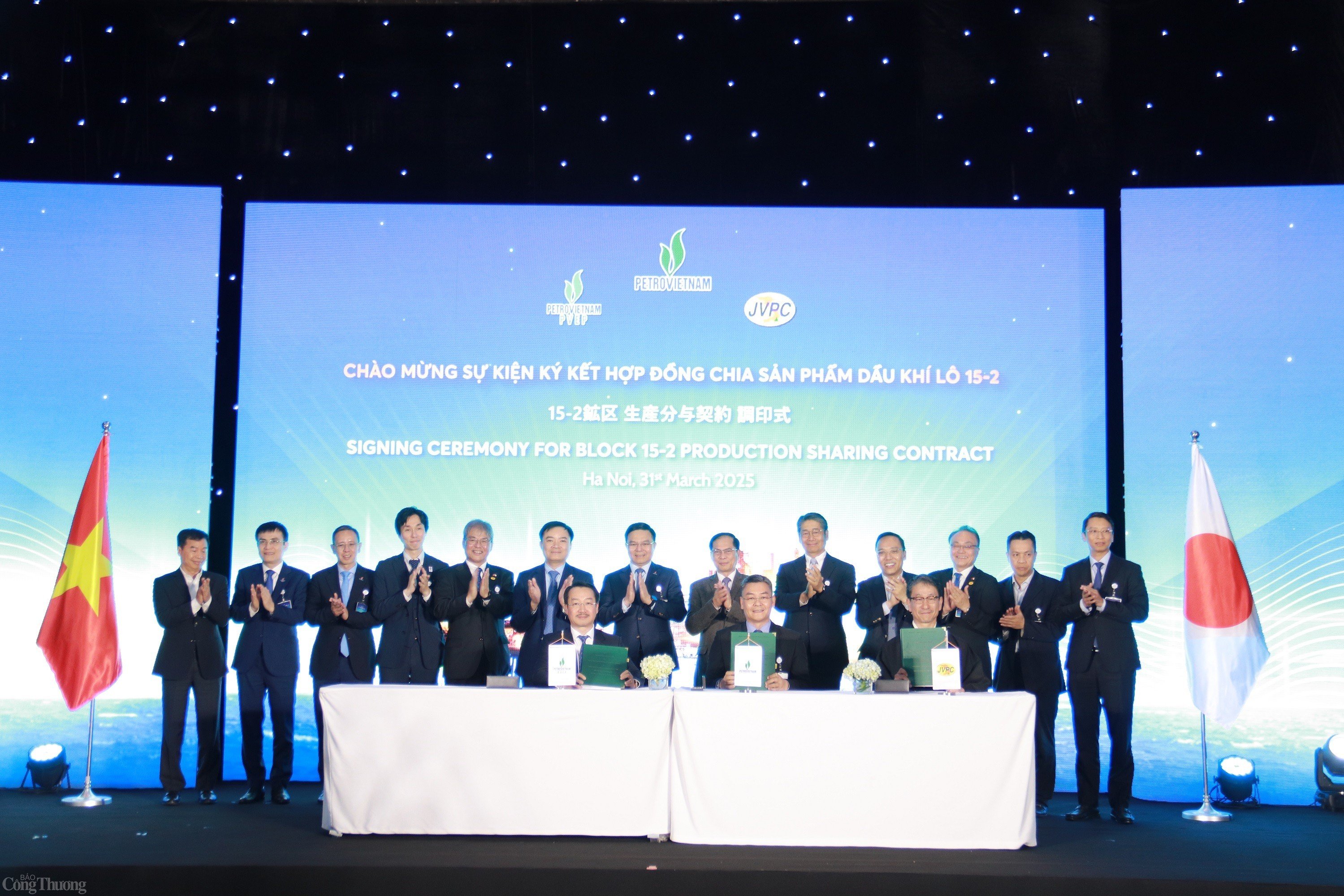


























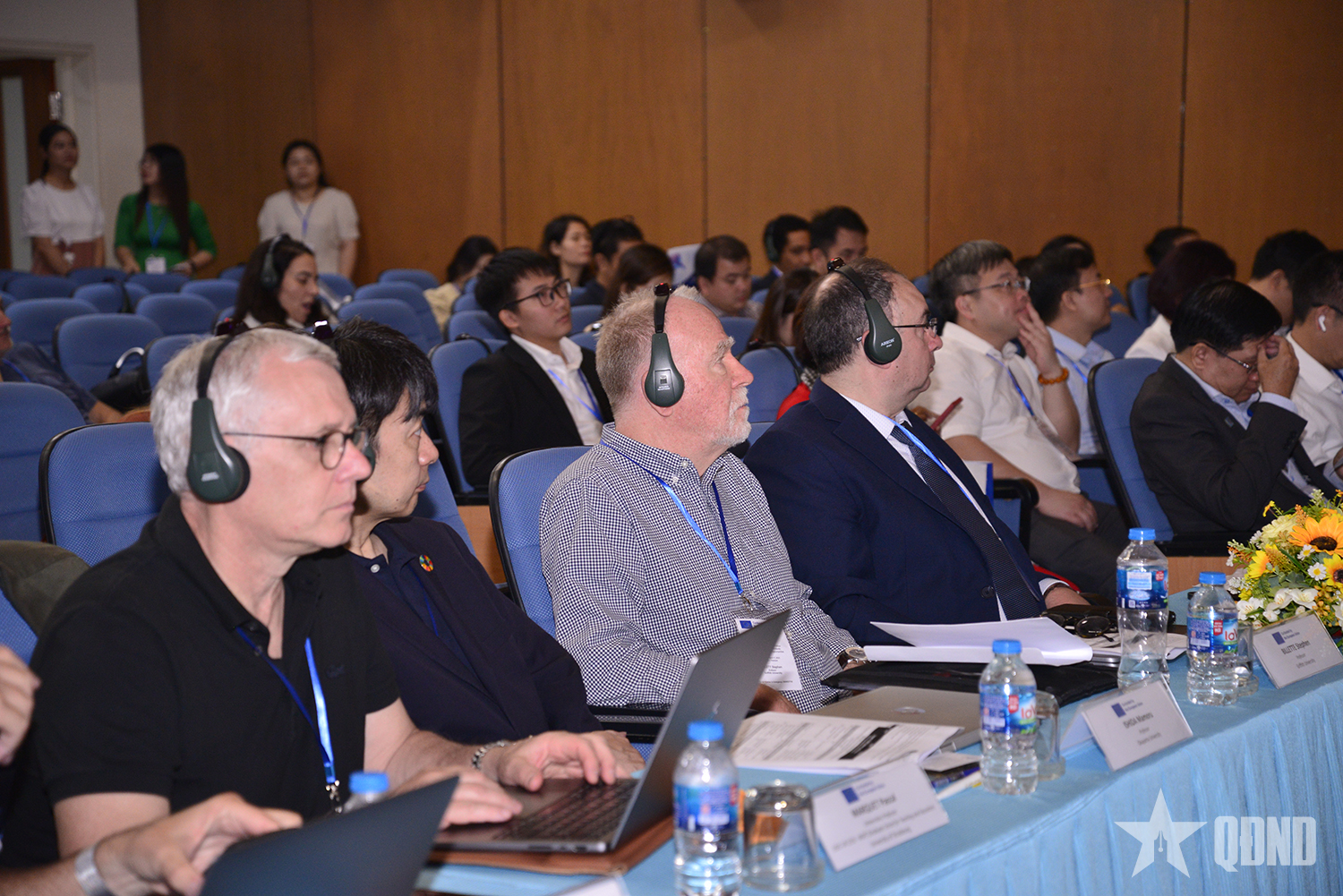






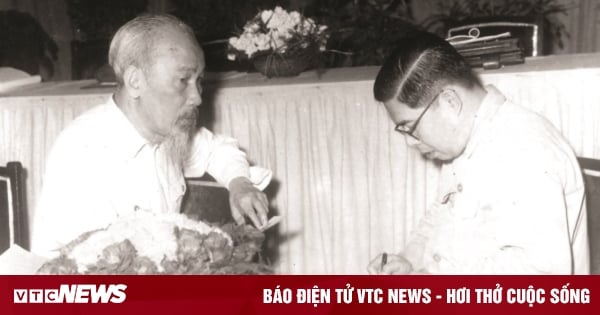










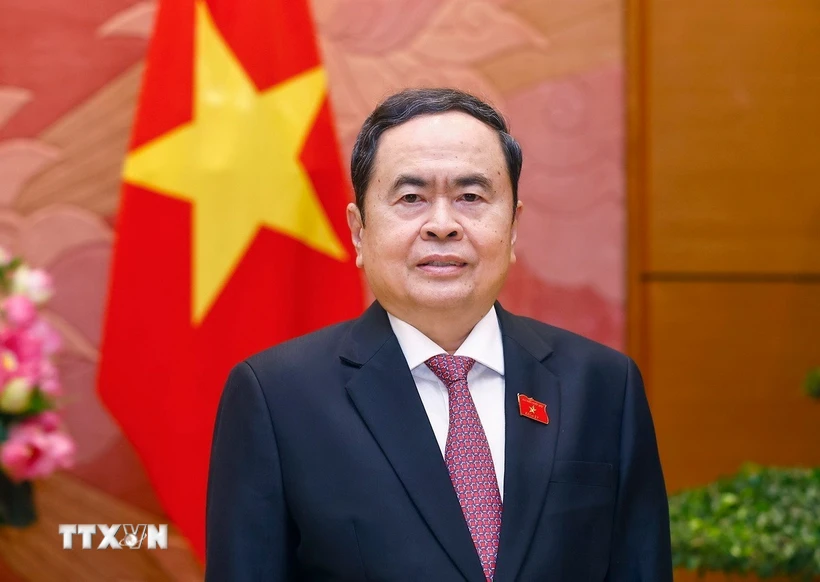



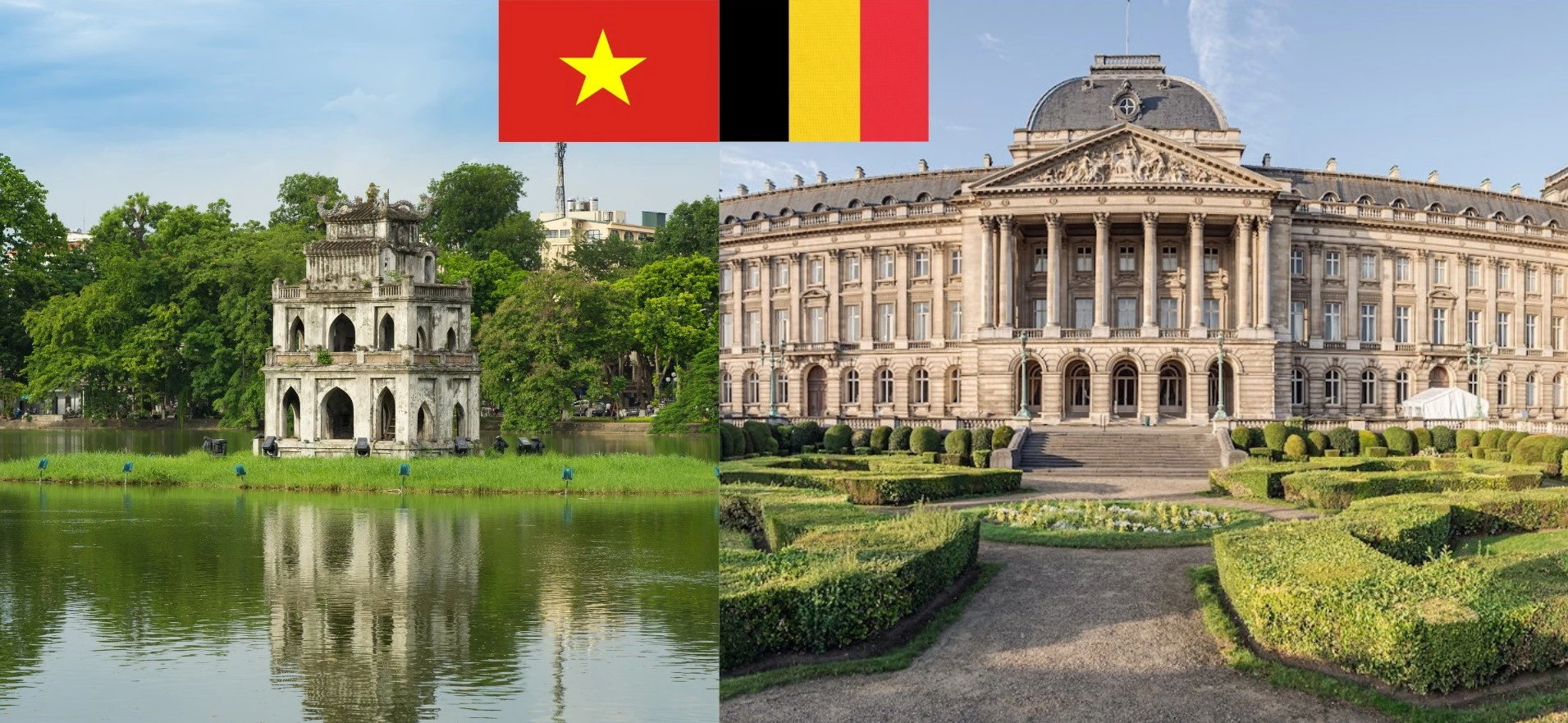


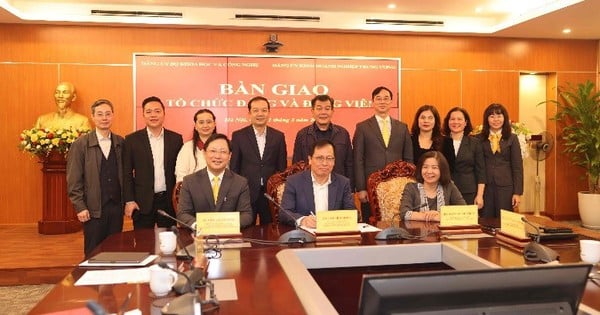



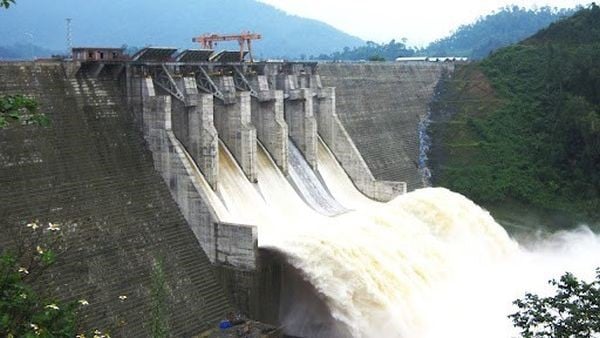




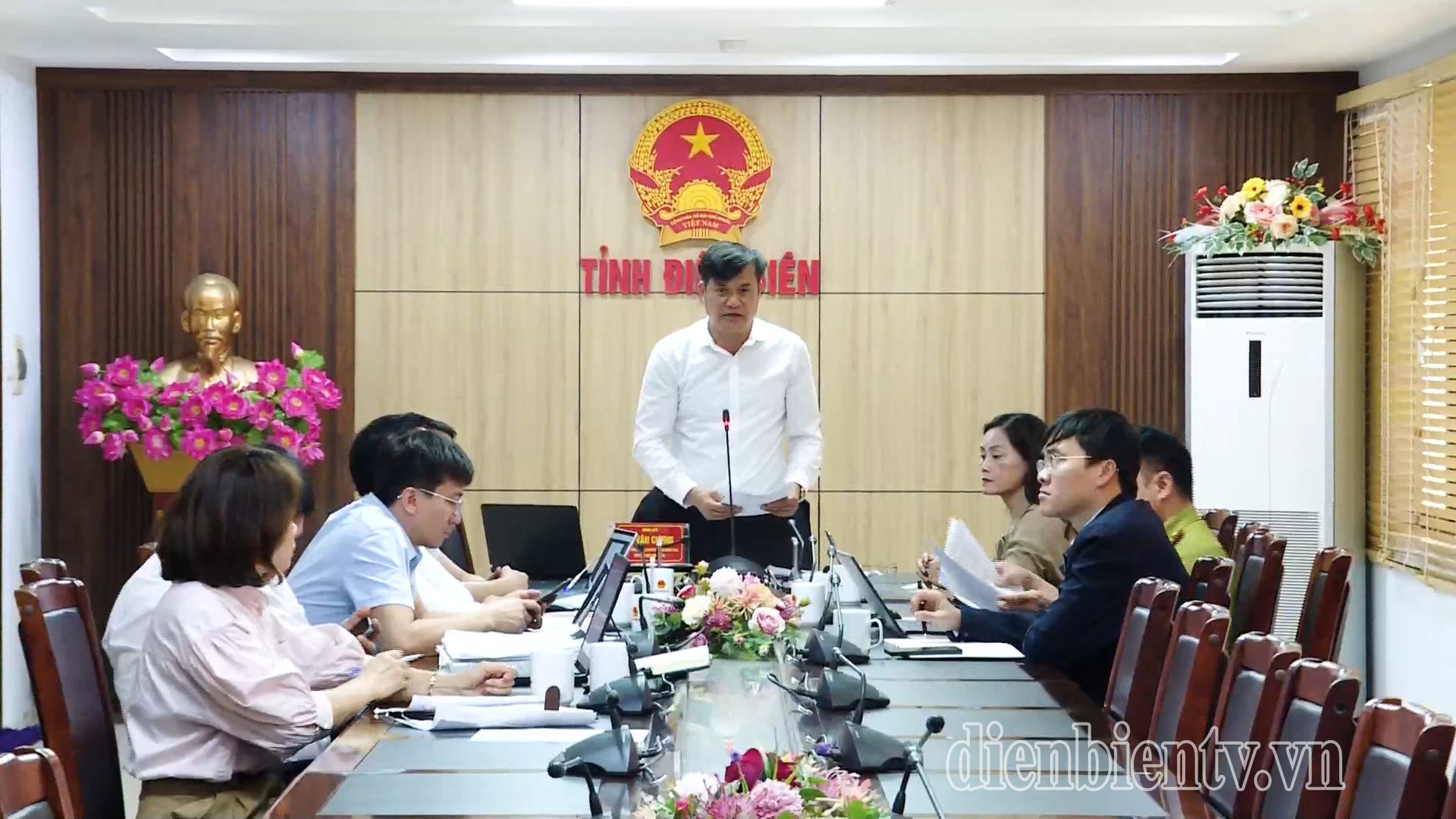

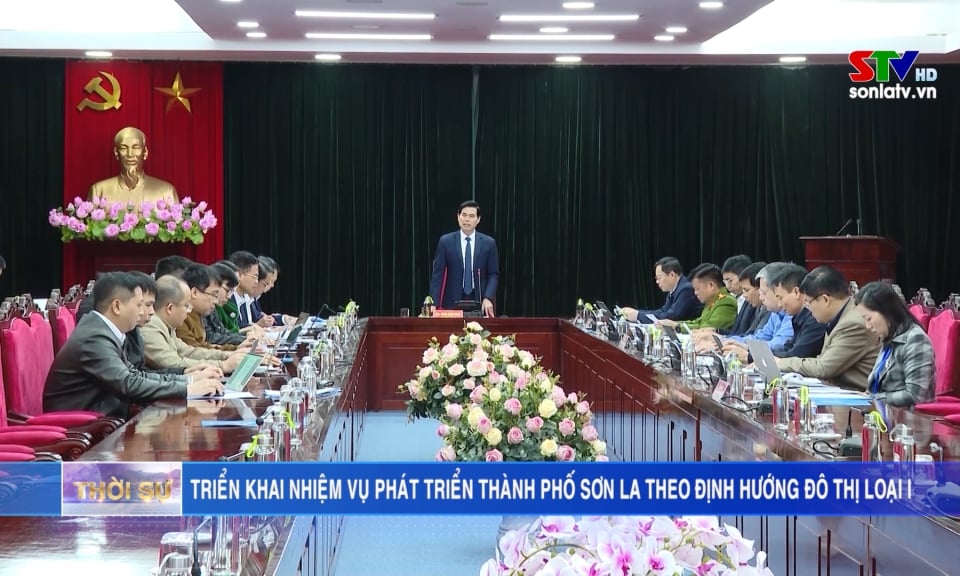
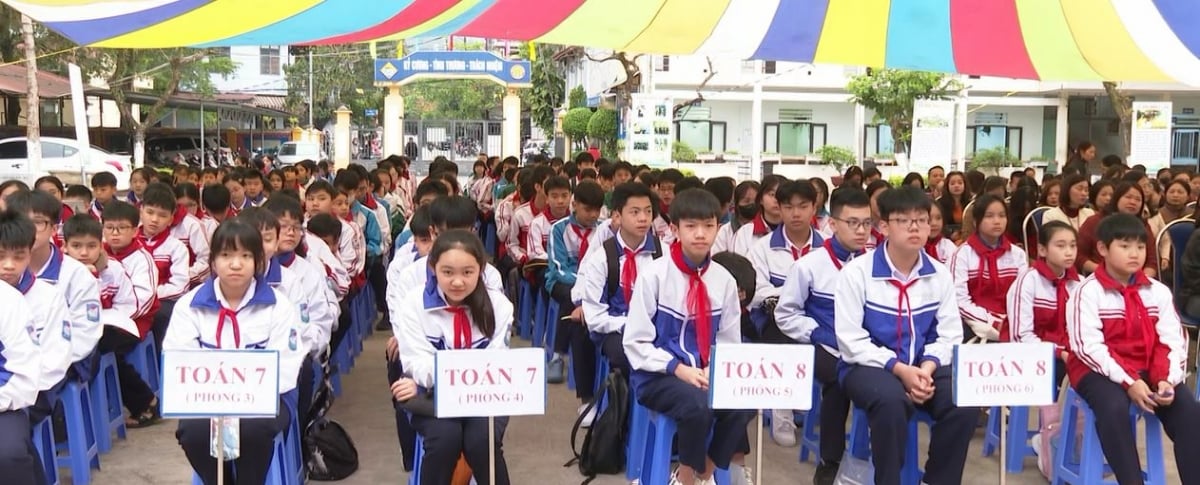
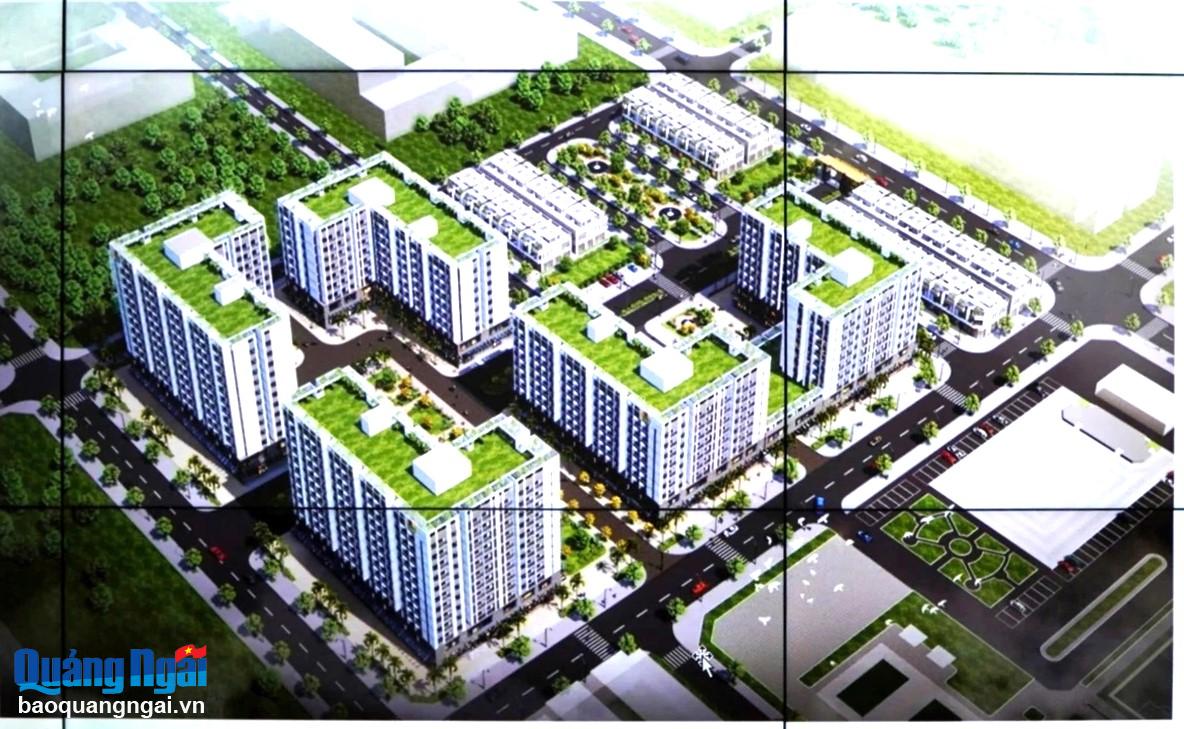

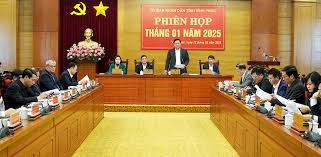
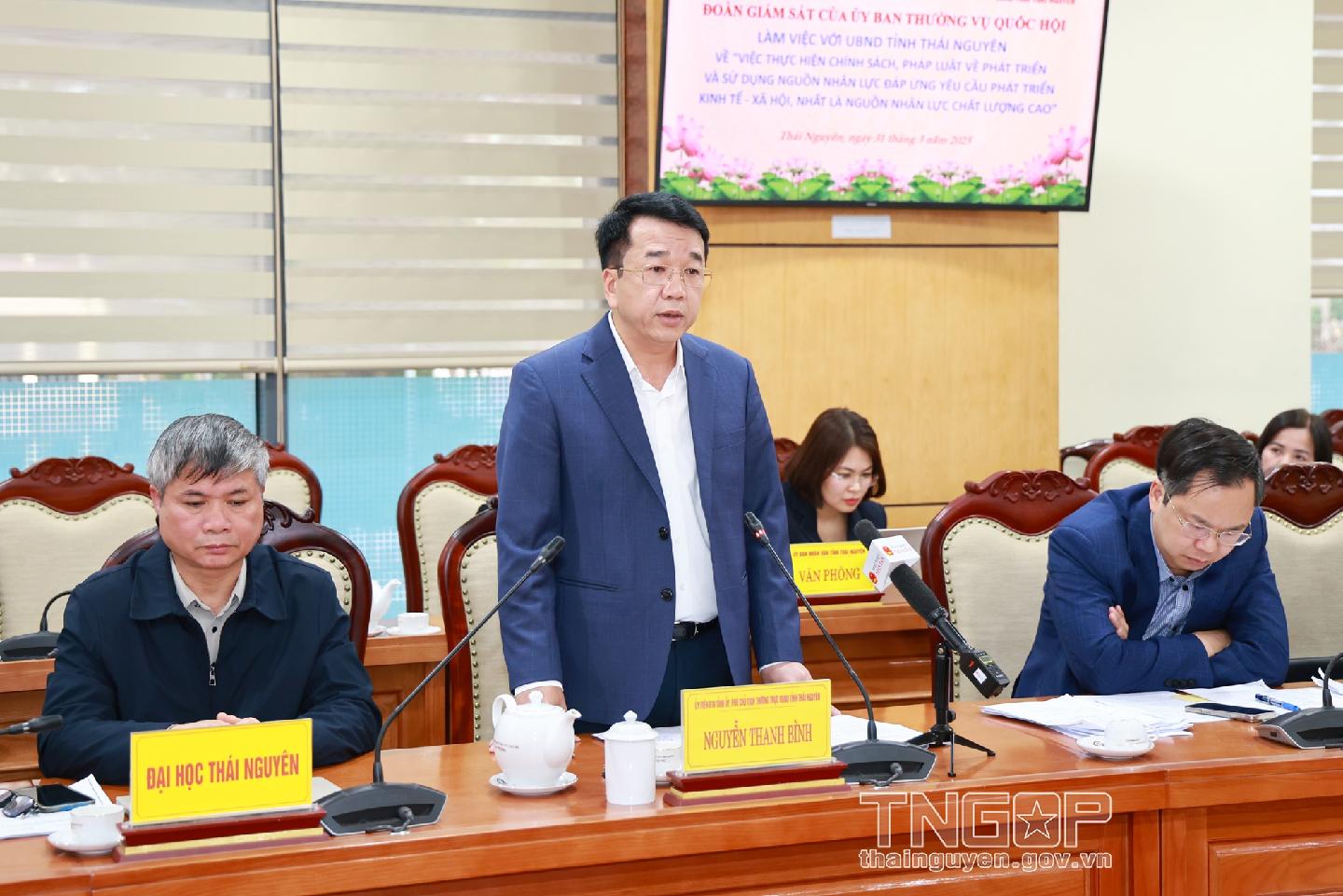










![[REVIEW OCOP] An Lanh Huong Vet Yen Cat](https://vstatic.vietnam.vn/vietnam/resource/IMAGE/2025/3/27/c25032328e9a47be9991d5be7c0cad8c)

Comment (0)